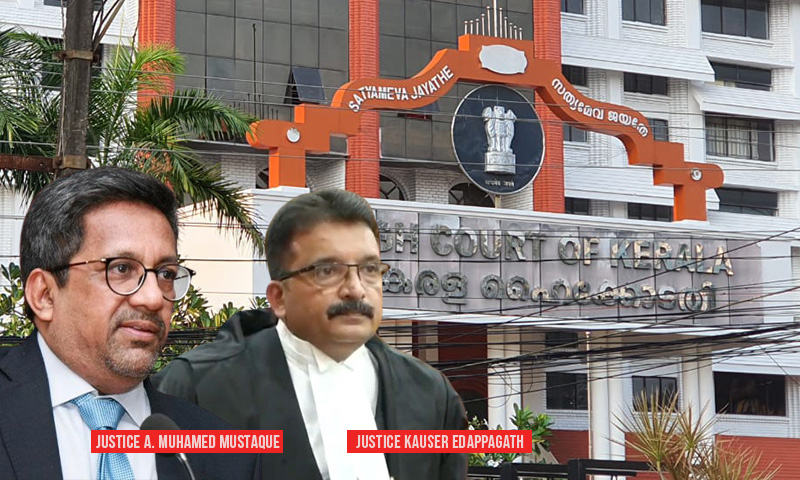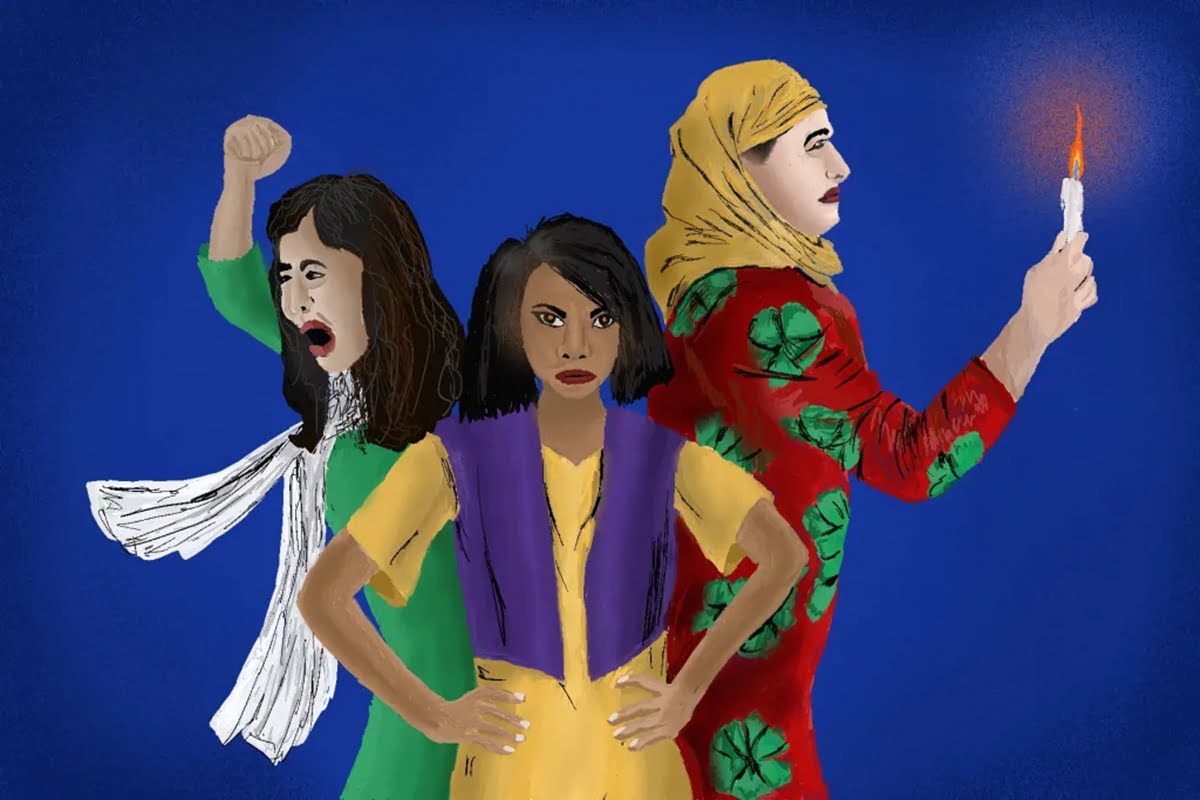In a landmark judgement delivered by the Kerala High court, the court proclaimed that marital rape is a ‘good ground’ to claim divorce. The division bench, consisting of justice Muhamed Mustaque and Dr Kauser Edappagath, delivered the order while rejecting the appeal of a husband against divorce.
Moreover, the bench also admitted that though marital rape is not recognised under the Indian Penal Code, this does not deter the courts from acknowledging the brutality of the act. The husband had appealed to the high court after the verdict of a family court had granted his wife a petition for divorce on grounds of cruelty. For India, this judgement is historic to say the least and is of utmost importance, given the emphasis laid on community and family values in the country, which often comes at the cost of the silence of women against atrocities faced at the hands of their partners.

For India, this judgement is historic to say the least and is of utmost importance, given the emphasis laid on community and family values in the country, which often comes at the cost of the silence of women against atrocities faced at the hands of their partners.
The women stated that her husband was constantly badgering her natal family for money. Reportedly, this resulted in her father giving the man approximately 77 lakhs. She also accused her husband of forcibly having sex when she was sick as well as in front of their daughter.
India belongs to one of the 36 countries where marital rape is still not considered a crime. Section 375 of the Indian Penal Code (IPC) states that, “A man is said to commit “rape” who, except in the case hereinafter excepted, has sexual intercourse with a woman under circumstances falling under any of the six following descriptions.” However, under exception 2, “Sexual intercourse or sexual acts by a man with his own wife, the wife not being under fifteen years of age, is not rape.” This means a man can rape his wife without bearing any consequences under law.
But why has the practice of marital rape prevailed? In our country, a woman is viewed as a mere object. Instead of being an individual with her own opinions and thoughts, a woman is always presumed to belong to a man: her father, her brother, her husband, her son, until she dies. They do not even have the right to bodily autonomy. In an informative video, The Swaddle explains that since times immemorial, a woman was always considered to be the property of a man. Thus, sex with one’s wife is rooted in assuming the dominion of a man over the wife, who in capitalist terms, is his property and his to do anything with. Rape was defined as a property crime. If a woman is a property which belongs to a man, then it is perfectly legal to do anything with his property.
Also read: Criminalising Marital Rape: The Pandemic Has Women Locked Down With Their Abusers
The Independent thought vs the Union of India is one such case which brings to light the obsolete quality of this practice. In this case, the Supreme Court of India altered the Exception 2 of Section 375 of the IPC, “Sexual intercourse by a man with his wife, the wife not being less than 18 years of age, is not rape”. They raised the age from 15 to 18 years. However, they refused to talk about the concept of marital rape at all. The court stated, “We make it clear that we have refrained from making any observation with regard to the marital rape of a woman who is 18 years of age and above since that issue is not before us at all. Therefore, we should not be understood to advert to that issue even collaterally.”
The Kerala High Court, while giving its judgment, also emphasised on the secularity of marriage and divorce laws. The bench asserted on how marriage and divorce should come under the secular law. They said, “Individuals are free to perform their marriage in accordance with personal law, but they cannot be absolved from compulsory solemnization of the marriage under secular law. Time has come to revamp the marriage law in our country. Our law also should equip to deal with marital damages and compensation. We need to have a law dealing with human problems with a humane mind to respond.”
However, the problem with criminalizing this cruelty stems from our society itself. Many are under the impression that by making marital rape an offence, one is thwarting the very foundation and sanctity of marriage itself. In 2019, the Times of India reported that Dipak Mishra, the former Chief Justice of India said there was “no necessity” to make marital rape an offense. He ardently believed that by making marital rape an offence will create “absolute anarchy” in India.
Many are under the impression that by making marital rape an offence, one is thwarting the very foundation and sanctity of marriage itself. In 2019, the Times of India reported that Dipak Mishra, the former Chief Justice of India said there was “no necessity” to make marital rape an offense. He ardently believed that by making marital rape an offence will create “absolute anarchy” in India.
Further, he stated, “Our country is sustaining itself because of the family platform which upholds family values.” One can infer from this statement that the CJI believes sanctity of marriage will only prevail if a woman who experiences sexual harassment at the hands of her husband remains quiet about it.
In 2017, the union government had submitted to Delhi High Court that “Marital rape cannot be made a criminal offence as it could become a phenomenon that may destabilise the institution of marriage and an easy tool for harassing the husbands.” This was the response of the government to the numerous pleas filed to criminalize marital rape.
Also read: Marital Rape: Why Are Indian Laws Still Confused About This?
Looking back, it can be presumed that the norms of our culture state that we must conceal the follies of the patriarchal society we live in. We lay the onus of covering up a man’s mistakes at the women’s feet. It becomes the responsibility of a woman to protect a man. Vocalising her own pain is not considered to be a priority. Moreover, it seems our leaders are preoccupied with keeping the sanctity of marriage intact rather than prioritising the safety of women. Safe to say, the judgement given by the Kerala High court is a step forward in the right direction.
Featured Image Credit: Aasawari Kulkarni/Feminism In India
About the author(s)
Vanshika Sawhney is a journalism student who is a bit obsessed with political philosophy. She dreams of having a house in the hills with lots of books and coffee.





A great read. Kudos to the writer.